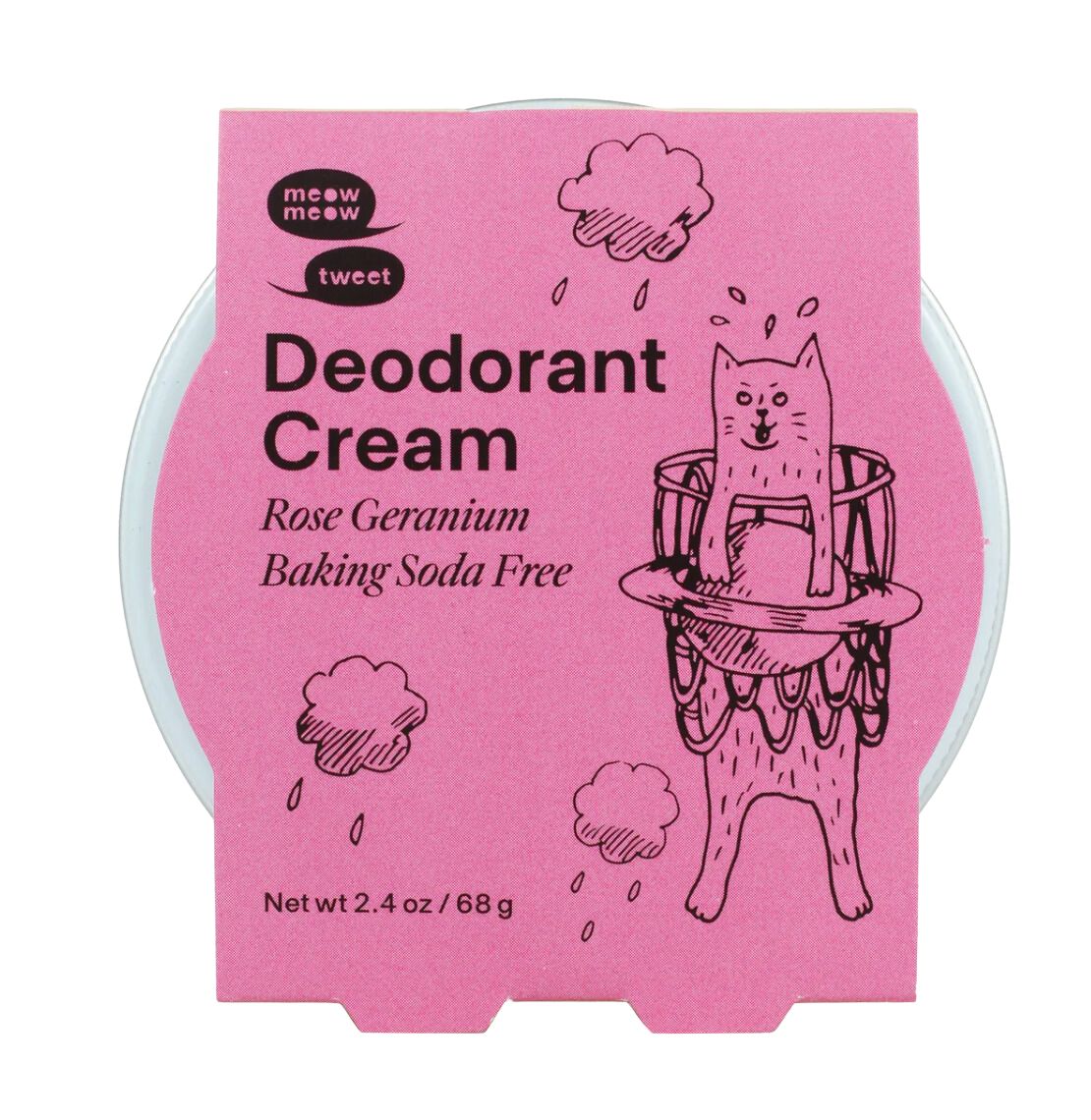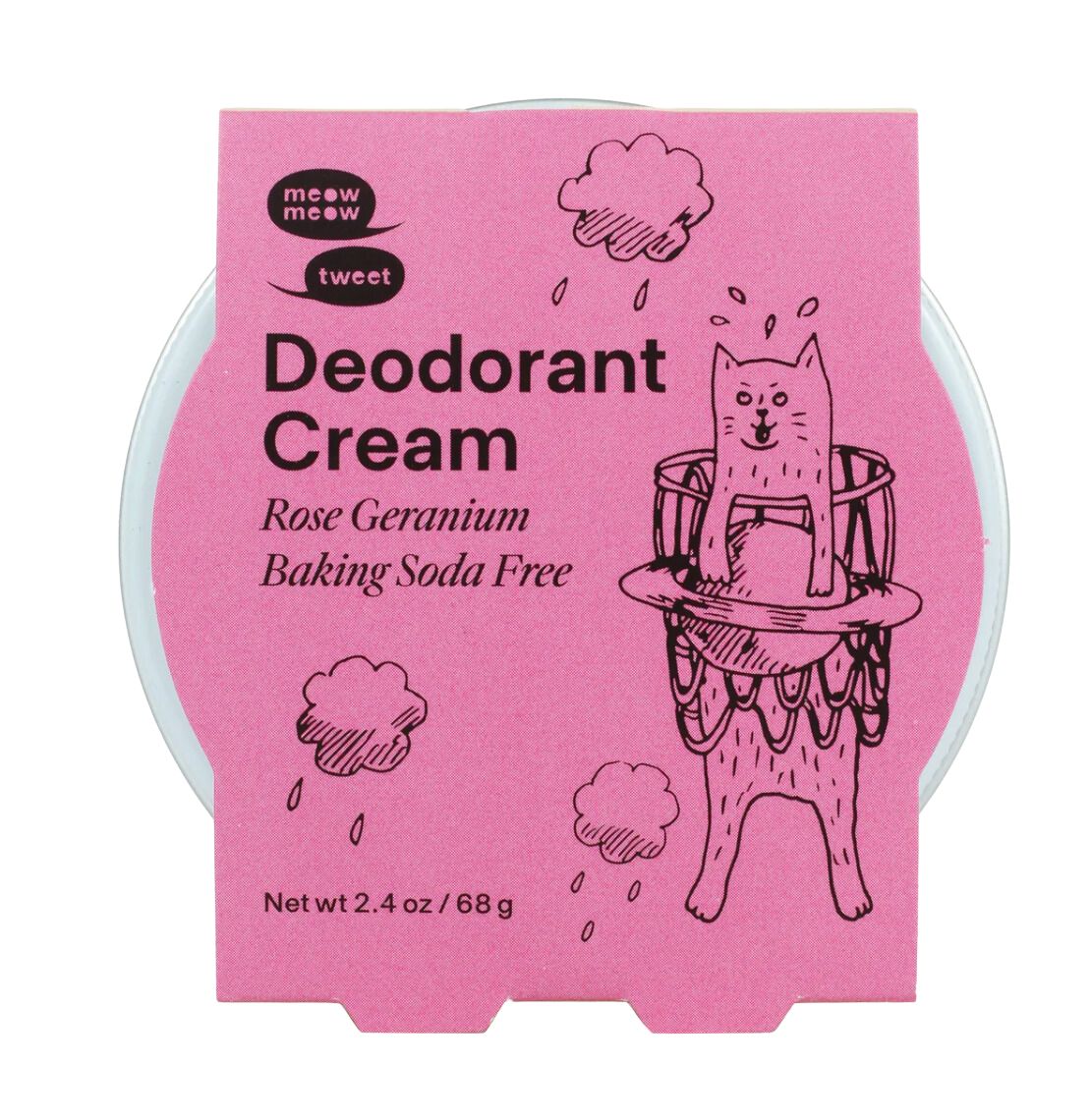Answer
Jun 20, 2024 - 07:50 AM
-
Skin Irritation: Baking soda is alkaline with a pH of around 9, whereas the natural pH of human skin is slightly acidic, around 5.5. This pH difference can disrupt the skin's natural barrier, leading to irritation, redness, itching, and even rashes.
-
Sensitivity: Some individuals have sensitive skin that reacts adversely to baking soda. Repeated use can exacerbate sensitivity, leading to discomfort and skin damage.
-
Abrasiveness: Baking soda has a slightly gritty texture, which can be abrasive to delicate underarm skin. This abrasiveness can cause micro-tears, leading to further irritation and potential infection.
-
Allergic Reactions: Though rare, some people may have an allergic reaction to baking soda, resulting in hives, swelling, or other allergic symptoms.
-
Long-term Effects: Continuous disruption of the skin's pH balance can have long-term effects, including chronic irritation and changes in the skin's microbiome, which can lead to other skin issues.
Due to these potential issues, some people prefer to use baking soda-free deodorants, which often use alternative ingredients like magnesium hydroxide, zinc oxide, or arrowroot powder to achieve similar odor-neutralizing and moisture-absorbing effects without causing irritation.



